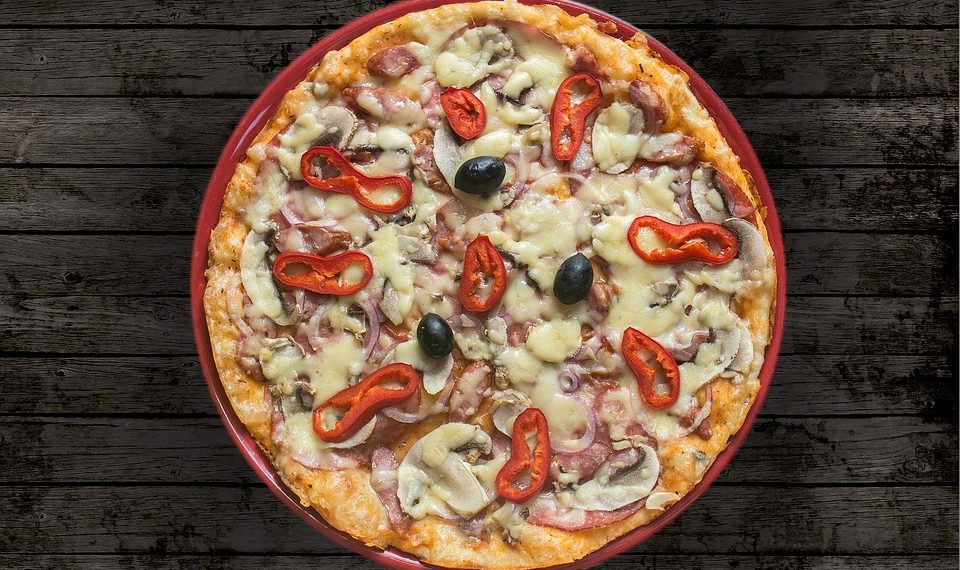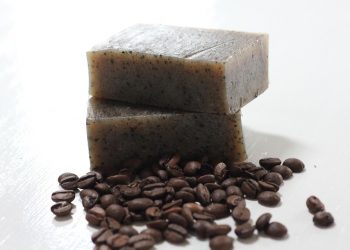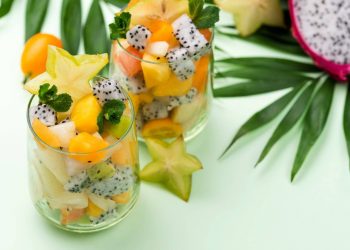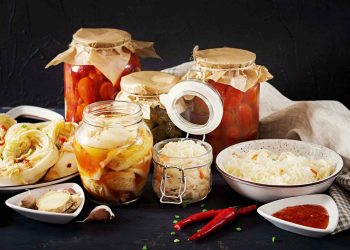Probiotics are your body’s little superheroes, and they play a vital role in keeping your gut healthy and happy. These beneficial bacteria are essential for digestion, nutrient absorption, and even your mood. If you’re looking to boost your well-being, incorporating probiotic-rich foods into your diet is a delicious way to do it. Let’s dive into 10 delicious foods packed with probiotics that you need today.
Contents
Why Probiotics Matter
Understanding probiotics is key to unlocking their benefits. Probiotics are live microorganisms that, when consumed in adequate amounts, can provide health benefits. They help maintain the natural balance of bacteria in your gut, which is crucial for digestion and overall health. A balanced gut microbiome can lead to improved immune function, enhanced mood, and even better skin health.
In a society where processed foods often dominate our diets, it’s easy to overlook the power of natural foods rich in probiotics. These foods don’t just add flavor; they can transform your health. Let’s explore the top ten probiotic-packed foods that you should consider adding to your grocery list today.
1. Yogurt
Yogurt is probably the most well-known source of probiotics. When you choose yogurt, look for labels that say “live and active cultures.” This indicates that the good bacteria are still present. Greek yogurt, in particular, is a protein powerhouse and can be a versatile base for smoothies, parfaits, or even dressings.
Benefits of Yogurt:
- Easy to digest: The fermentation process breaks down lactose, making it suitable for those with lactose intolerance.
- Rich in calcium: Supports bone health.
- Supports gut health: Helps maintain a balanced microbiome.
2. Kefir
Kefir is a fermented milk drink that’s tangy and refreshing. It’s often referred to as a “drinkable yogurt” and boasts a diverse range of probiotics. You can enjoy it plain, in smoothies, or even as a salad dressing.
Benefits of Kefir:
- Variety of strains: Contains more strains of beneficial bacteria than yogurt.
- Boosts immunity: May help fend off infections.
- Aids digestion: Can help alleviate digestive issues.
3. Sauerkraut
Sauerkraut isn’t just a hot dog topping; it’s a probiotic powerhouse. Made from fermented cabbage, it’s high in fiber and packed with vitamins C and K. Plus, it’s incredibly easy to make at home!
Benefits of Sauerkraut:
- Nutrient-dense: Loaded with antioxidants.
- Supports gut flora: Promotes a healthy microbiome.
- Aids digestion: High in fiber which supports bowel health.
4. Kimchi
Kimchi, a staple in Korean cuisine, is another fermented delight. It’s typically made from napa cabbage and radishes, seasoned with garlic, ginger, and chili pepper. Not only is it spicy and flavorful, but it’s also brimming with probiotics.
Benefits of Kimchi:
- Rich in vitamins: Contains vitamins A, B, and C.
- Boosts metabolism: May help in weight management.
- Supports gut health: Aids digestion and promotes a healthy gut.
5. Miso
Miso is a fermented soybean paste often used in Japanese cooking. It’s the base for miso soup and can be a savory addition to marinades and dressings. It’s rich in probiotics and can add depth to your meals.
Benefits of Miso:
- High in protein: A great plant-based protein source.
- Supports digestion: Contains enzymes that aid digestive health.
- Boosts immunity: May enhance your immune response.
6. Tempeh
Tempeh is another fermented soybean product, but it’s firmer and nuttier than tofu. It’s an excellent meat substitute for vegetarians and vegans, packed with protein and probiotics.
Benefits of Tempeh:
- Nutrient-rich: High in protein, fiber, and vitamins.
- Supports gut health: Promotes a balanced gut environment.
- Sustainable protein: A great choice for eco-conscious eaters.
7. Kombucha
Kombucha is a fermented tea that has gained popularity for its unique flavor and health benefits. It’s made by fermenting sweetened tea with a symbiotic culture of bacteria and yeast (SCOBY). The fizzy drink is not only refreshing but also full of probiotics.
Benefits of Kombucha:
- Rich in antioxidants: Helps combat oxidative stress.
- Supports digestion: Contains enzymes and acids that aid in digestion.
- Detoxifying properties: May help in liver detoxification.
8. Pickles
Fermented pickles, made in brine rather than vinegar, are a crunchy, tangy snack that can be beneficial for your gut. They’re not only tasty but also a great way to introduce probiotics into your diet.
Benefits of Pickles:
- Low calorie: A guilt-free snack option.
- Hydrating: High water content helps keep you hydrated.
- Supports gut flora: Aids in maintaining a balanced microbiome.
9. Natto
Natto is a traditional Japanese dish made from fermented soybeans. It has a strong flavor and a unique texture that some people love and others find challenging. However, it’s incredibly nutritious and packed with probiotics.
Benefits of Natto:
- High in vitamin K2: Important for bone health.
- Supports digestion: Contains enzymes that help break down food.
- Heart-healthy: May help reduce cholesterol levels.
10. Apple Cider Vinegar
Apple cider vinegar isn’t just a salad dressing; it can also be a source of probiotics, particularly if it’s unfiltered and raw. While it’s not a food per se, incorporating it into your diet can provide numerous health benefits.
Benefits of Apple Cider Vinegar:
- Supports weight management: May help with appetite control.
- Aids digestion: Can help alleviate bloating and indigestion.
- Balancing pH: Helps maintain a healthy gut environment.
How to Incorporate Probiotic Foods into Your Diet
Adding these delightful foods to your meals doesn’t have to be daunting. Here are some practical tips:
- Start your day with yogurt or kefir: Blend them into smoothies or enjoy them with fruit and nuts.
- Use sauerkraut and kimchi as toppings: Add them to sandwiches, tacos, or salads for an extra flavor kick.
- Incorporate miso and tempeh in soups and stir-fries: They can elevate the nutritional value of your dishes.
- Sip on kombucha: Replace sugary drinks with this fizzy alternative for a probiotic boost.
- Experiment with apple cider vinegar: Use it in dressings or dilute it in water for a refreshing drink.
Bottom Line
Incorporating delicious foods packed with probiotics into your diet can pave the way for better gut health and overall well-being. From yogurt to kimchi, these foods not only tantalize your taste buds but also provide essential nutrients your body craves. Start today by choosing one or two of these probiotic-rich foods and see how they make a difference in your life.
FAQ
1. How often should I consume probiotic foods?
Aim for at least one serving daily to reap the benefits.
2. Can I take probiotics in supplement form instead?
While supplements are beneficial, getting probiotics from food sources is often more effective due to their nutrient density.
3. Are there any side effects?
Some people may experience gas or bloating when first introducing probiotics. Start slow and listen to your body.
Feeling inspired? Go ahead and stock your pantry with these probiotic delights. Your gut will thank you!
Get Your FREE Natural Health Guide!
Subscribe now and receive our exclusive ebook packed with natural health tips, practical wellness advice, and easy lifestyle changes — delivered straight to your inbox.














